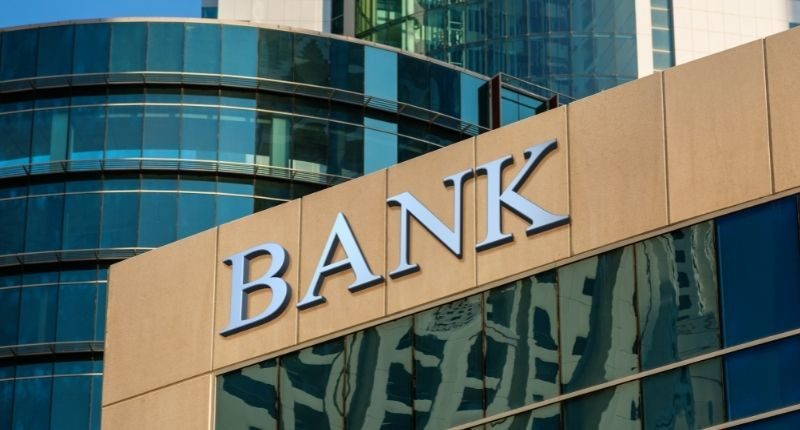- The increase to 1.85% represents a rise of 0.5%
- The fourth such month of increases
- For much of the pandemic, the cash rate remained at the record low level of 0.1%
As predicted, the Reserve Bank of Australia (RBA) has increased the cash rate from 1.35% to 1.85%, a rise of 0.5%.
The move comes as the economy is still grappling with high levels of inflation. On an annual basis, inflation is 6.1%, more than double the RBA’s target range of 2 to 3%.
The news comes as the housing downturn continues across most capital city markets, with Melbourne and Sydney leading the way. CoreLogic data released over the weekend show a 2% decline in home values compared to the peak in April.
“Inflation is expected to peak later this year and then decline back towards the 2–3 per cent range,” said Reserve Bank Governor Philip Lowe in his post-meeting statement.
“The expected moderation in inflation reflects the ongoing resolution of global supply-side problems, the stabilisation of commodity prices and the impact of rising interest rates.
“Medium-term inflation expectations remain well anchored, and it is important that this remains the case. The Bank’s central forecast is for CPI inflation to be around 7¾ per cent over 2022, a little above 4 per cent over 2023 and around 3 per cent over 2024.”
Dr Lowe noted the economy is continuing to grow strongly, with the pace expected to slow.
“Employment is growing strongly, consumer spending has been resilient and an upswing in business investment is underway. National income is also being boosted by a rise in the terms of trade, which are at a record high.
“The Bank’s central forecast is for GDP growth of 3¼ per cent over 2022 and 1¾ per cent in each of the following two years.”
Dr Lowe, however, noted that uncertainty surrounds household spending.
“Higher inflation and higher interest rates are putting pressure on household budgets,” he said.
“Consumer confidence has also fallen and housing prices are declining in some markets after the large increases in recent years.
“Working in the other direction, people are finding jobs and obtaining more hours of work. Many households have also built up large financial buffers and the saving rate remains higher than it was before the pandemic.”
Philip Lowe, RBA Governor

So, what does the news mean for the property market?
For those currently on a variable rate, repayments will rise. According to Mozo, more than 70 lenders have passed on the full rate rise to its borrowers.
Before the rise was announced, it was revealed that the average variable rate in Australia is already above 4%.
For those looking to purchase a home, the rate rise will reduce their borrowing power. This in turn is expected to fuel further price decreases. Truly a double-edge sword, a phrase often remarked among economic scholars.








